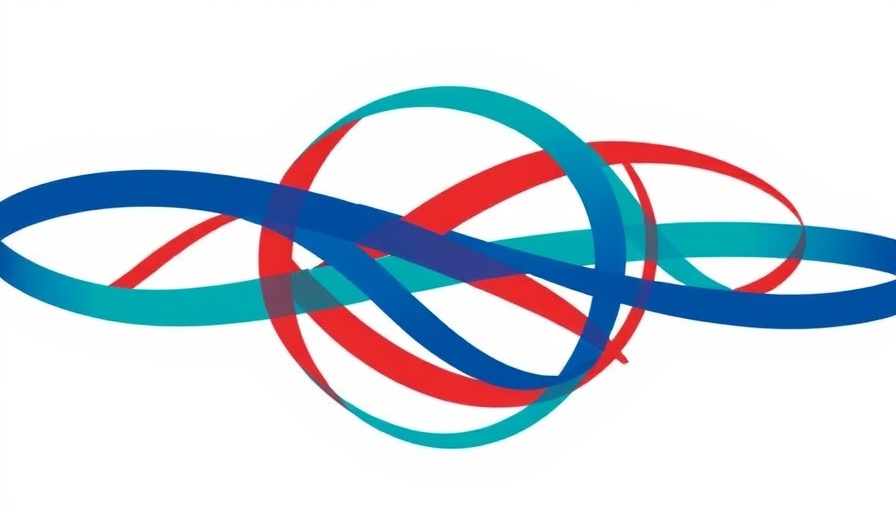
Immunization Rates on the Rise: A Glimmer of Hope for Lower-Income Countries
The latest global immunization coverage estimates for 2024 from WHO and UNICEF reveal a significant upward trend for lower-income countries, particularly in Africa. This data, meticulously analyzed by Gavi, the Vaccine Alliance, demonstrates that these nations are successfully protecting their populations against a broader array of infectious diseases than ever before. Despite the setbacks caused by the COVID-19 pandemic, coverage rates have rebounded, showcasing resilience and commitment to public health.
Record Achievements and Ongoing Challenges in Immunization
According to Gavi's findings, in 2024, lower-income countries safeguarded more than 72 million children—a record high. Crucially, financing for immunization has soared, with these nations collectively contributing a remarkable $255 million to co-finance vaccine programs this year alone. Gavi’s initial goal to protect 1.1 billion children by 2025 has already been surpassed, demonstrating a heightened commitment to immunization efforts since 2000. Though coverage has notably improved—with an average rise of eight percentage points across supported vaccines—challenges remain formidable. Population growth, heightened by conflicts and socio-political instability, creates obstacles that hinder equitable access to vaccination.
The Zero-Dose Dilemma: Addressing Gaps in Coverage
While the number of zero-dose children—those lacking any vaccine—declined by half a million to a total of 10.2 million in 2024, the situation remains critical. Vulnerable regions must address significant disparities in coverage; countries labeled as experiencing fragility continued to struggle. As reported, there was a notable drop in DTP3 coverage within affected areas, reflecting the adverse impacts of conflict and instability on health services. In fragile nations like Sudan and Yemen, declines counteract the positive trends seen in other countries, indicating a dire need for targeted interventions to bridge these gaps in coverage.
Future Directions: Strategies for Greater Equity
Looking ahead, effective strategies are pivotal to reducing the number of zero-dose children further. The 2024 data indicates DTP1 coverage reached 87%, bringing hope that remaining unvaccinated populations can be reached—especially in populous nations such as Nigeria and DR Congo, where targeted efforts have already proven beneficial. To safeguard future generations, a concerted focus on equitable immunization practices will be essential, especially given that half of all zero-dose children reside in just five countries.
Conclusion: The Imperative for Continued Commitment
While the strides made in immunization coverage bring hope, they also underscore the necessity for unwavering dedication to public health. Policymakers and investors alike should heed these developments as they reflect the broader socio-economic trends shaping Africa's role in the global economy. By prioritizing health outcomes, we can work towards a future where every child—regardless of their location—has access to vital vaccinations and the opportunity for a healthier life.
 Add Row
Add Row  Add
Add 


Write A Comment